School Culture and Bullying
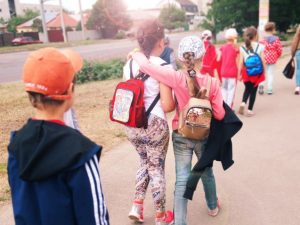 Bullying in the classroom can have grave consequences for students, especially as they build effective social and emotional skills amid the disruption caused by the pandemic. While administrators must take responsibility for creating a school environment that is safe and welcoming, educators can promote a strong classroom culture through responsive and warm interactions with students. Read more ›
Bullying in the classroom can have grave consequences for students, especially as they build effective social and emotional skills amid the disruption caused by the pandemic. While administrators must take responsibility for creating a school environment that is safe and welcoming, educators can promote a strong classroom culture through responsive and warm interactions with students. Read more ›
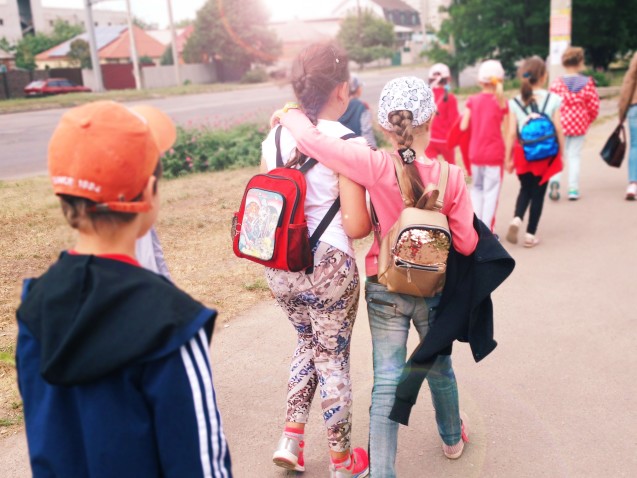


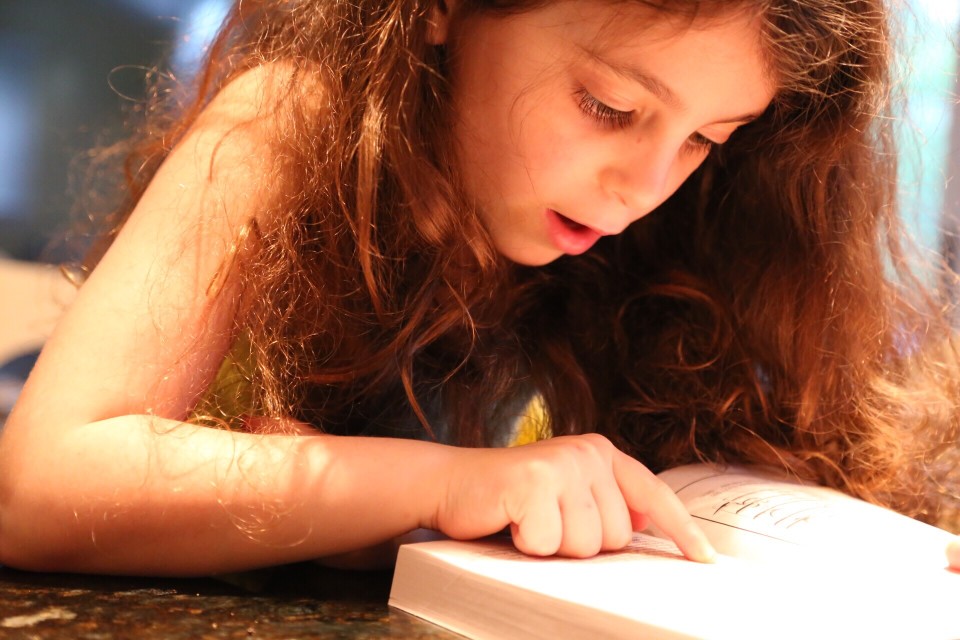
 As early as March 2020, just weeks into the pandemic, headlines warned of the “learning loss” students would experience as a result of disrupted and remote schooling.
As early as March 2020, just weeks into the pandemic, headlines warned of the “learning loss” students would experience as a result of disrupted and remote schooling.
 These mental health primers, developed by the Coalition for Psychology in Schools and Education, provide information for classroom teachers to help them identify behaviors in the classroom that are symptomatic of mental health and other psychological issues, with the goal of directing teachers to appropriate resources for the students.
These mental health primers, developed by the Coalition for Psychology in Schools and Education, provide information for classroom teachers to help them identify behaviors in the classroom that are symptomatic of mental health and other psychological issues, with the goal of directing teachers to appropriate resources for the students. 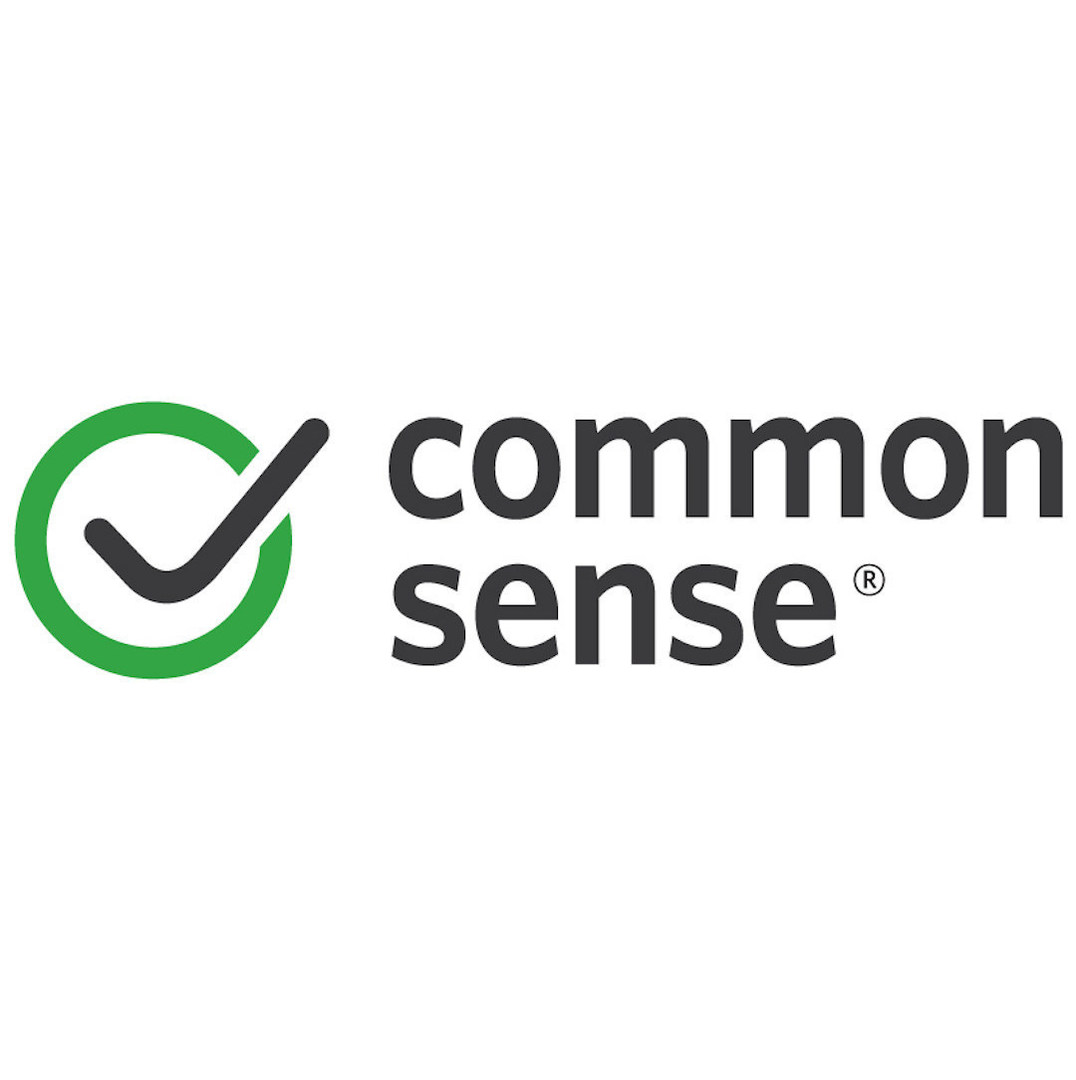
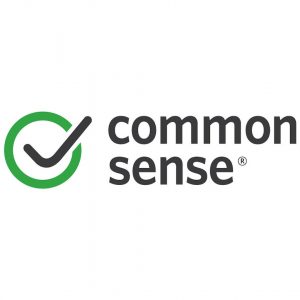 Since 2003,
Since 2003, 
 Bullying puts youth at increased risk for depression, suicidal ideation, misuse of drugs and alcohol, risky sexual behavior, and can affect academics as well. For LGBTQ youth, that risk is even higher.
Bullying puts youth at increased risk for depression, suicidal ideation, misuse of drugs and alcohol, risky sexual behavior, and can affect academics as well. For LGBTQ youth, that risk is even higher. 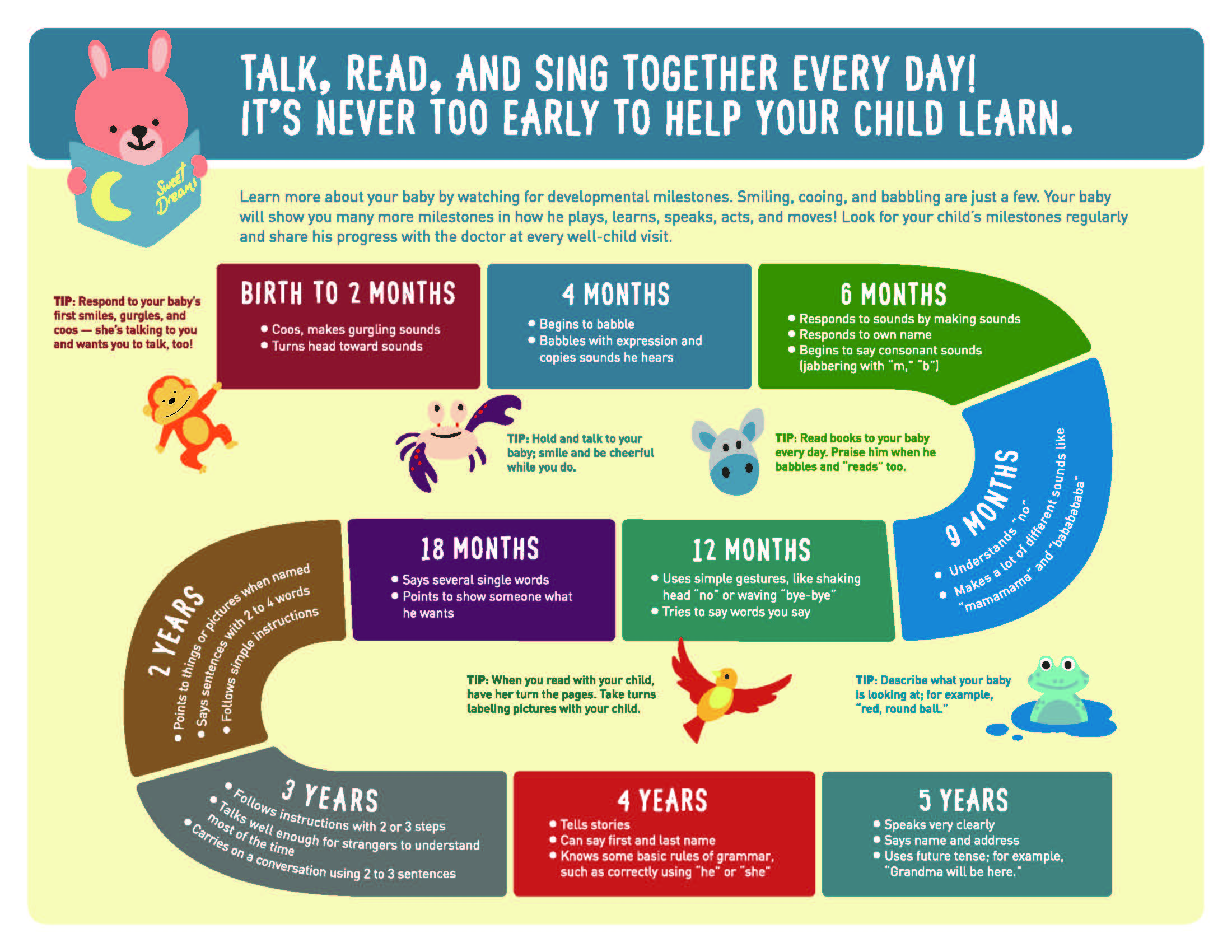
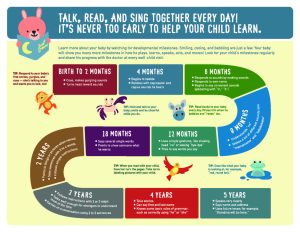 Research has found that providing children from birth to five with consistent, language-rich experiences – such as talking, reading, and singing – can have important benefits on their brain development and future school success.
Research has found that providing children from birth to five with consistent, language-rich experiences – such as talking, reading, and singing – can have important benefits on their brain development and future school success. 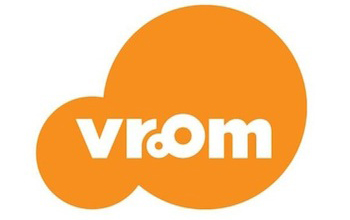
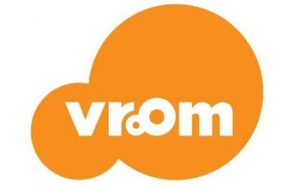 Simple interactions between you and your children help build children’s brains foundation for all future learning.
Simple interactions between you and your children help build children’s brains foundation for all future learning. 
 February 1 marks the start of Black History Month, bringing opportunities for critical reflection and honest conversation with our students about our history and futures. The 2022 Black History Month theme is “
February 1 marks the start of Black History Month, bringing opportunities for critical reflection and honest conversation with our students about our history and futures. The 2022 Black History Month theme is “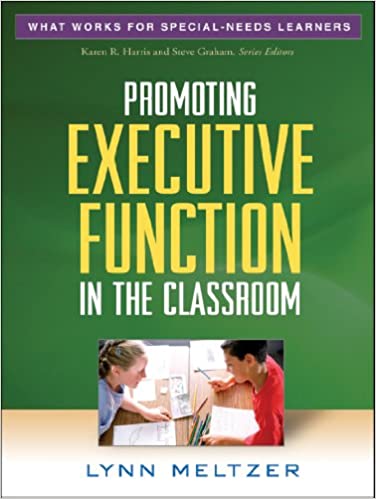
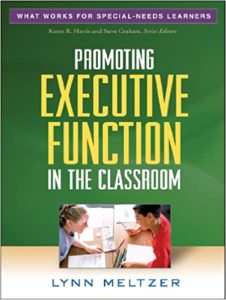 This book helps teachers incorporate executive function processes—such as planning, organizing, prioritizing, and self-checking—into the classroom curriculum. Chapters provide effective strategies for optimizing what K–12 students learn by improving how they learn.
This book helps teachers incorporate executive function processes—such as planning, organizing, prioritizing, and self-checking—into the classroom curriculum. Chapters provide effective strategies for optimizing what K–12 students learn by improving how they learn. 

